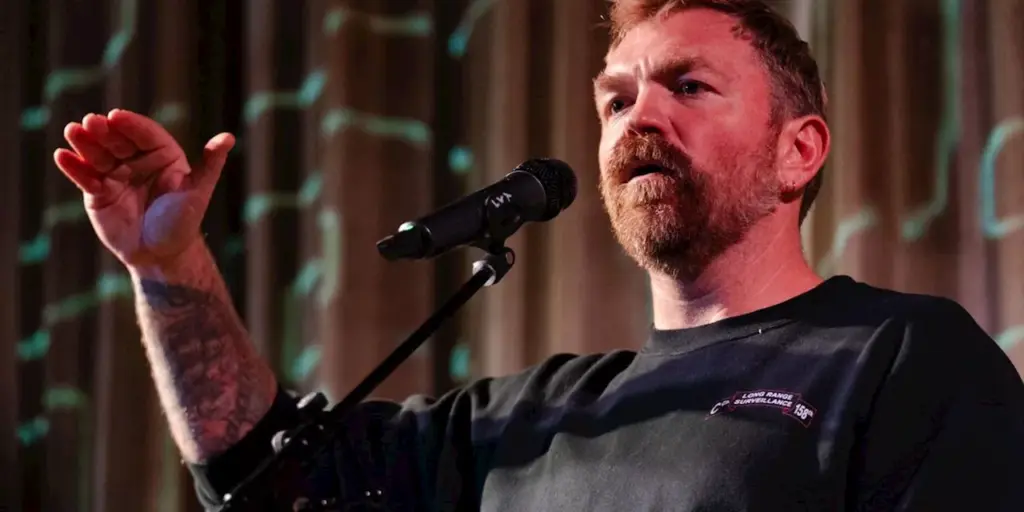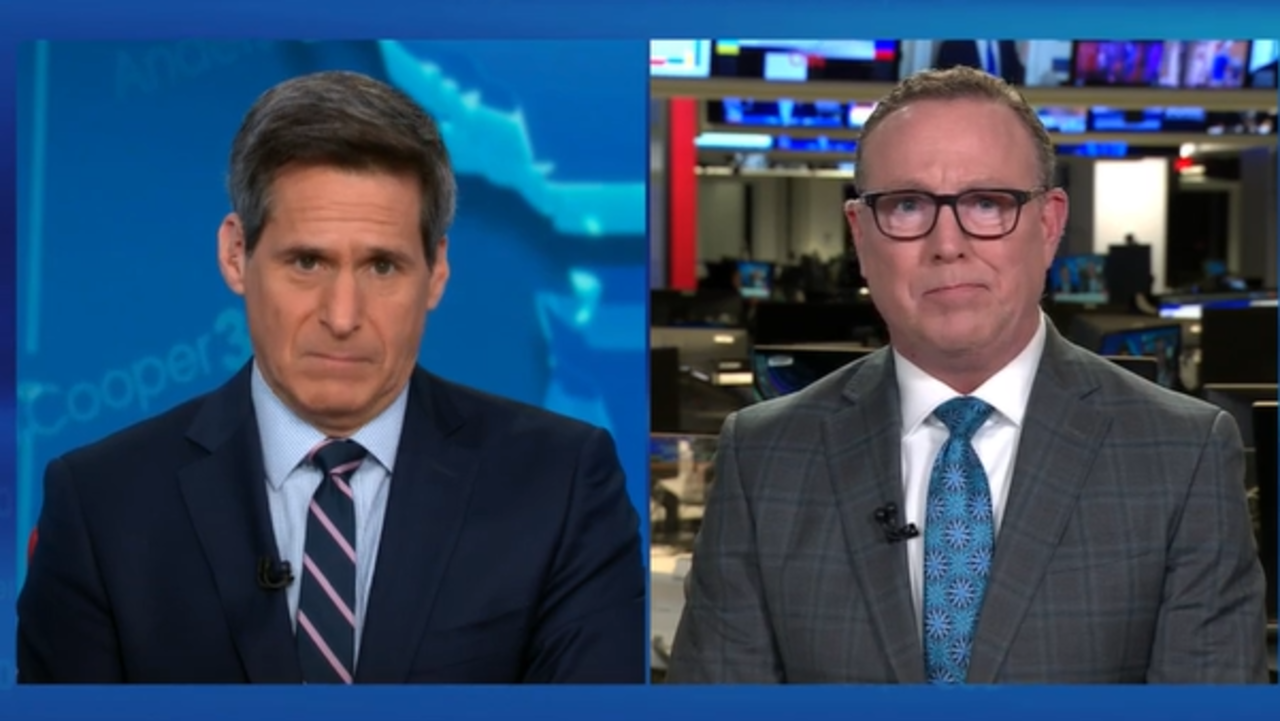
Graham Platner, a Democratic candidate for the U.S. Senate from Maine, has made headlines with his recent remarks challenging the existence of billionaires in a society where many working-class individuals struggle to meet basic needs. During a campaign event in Caribou, Maine, on October 14, 2025, Platner stated, “Nobody works hard enough to justify $1 billion,” referencing the harsh reality faced by individuals who juggle multiple jobs yet still find it difficult to afford rent and other essentials.
Platner, a military veteran and oyster farmer, expressed his discontent with the economic structures that allow extreme wealth accumulation. He highlighted the disparity between the wealthy and working-class citizens, noting, “It is merely hard work that gets you that kind of success. We all know it isn’t. We all know it’s the structures.” His comments resonate with a growing sentiment that the tax code and governmental policies favor the affluent, leaving the majority without adequate representation or power in the economic landscape.
At the event, audience members showed support for Platner’s stance, nodding in agreement as he articulated the systemic issues contributing to vast inequality. “The world that we live in today is not organic. It is not natural,” he continued. “The political and economic world we have did not happen because it had to. It happened because politicians in Washington and the billionaires who write the policies that they pushed made this happen.” Platner advocates for reversing these trends, asserting, “We need to make it illegal again to do that,” referring to the unchecked accumulation of wealth.
His perspective mirrors recent comments made by music artist Billie Eilish, who also questioned the rationale behind billionaires during a speech at an event in New York City. Eilish remarked, “If you’re a billionaire, why are you a billionaire? No hate, but yeah, give your money away, shorties.” This conversation has gained traction online, particularly as Eilish criticized Elon Musk for not contributing enough of his wealth to humanitarian efforts.
The discourse surrounding wealth inequality has attracted attention from economists and policy experts, including Joseph Stiglitz and Thomas Piketty, who recently called for the establishment of an international body to address the global crisis of inequality. They emphasize that the current state of wealth distribution is the result of deliberate policy decisions rather than natural economic forces. Piketty, in particular, has advocated for the mass taxation of dynastic wealth as a solution to the growing divide.
Platner, throughout his campaign, has focused on the importance of collective action among working-class citizens. He believes that only through organization can they combat the influence of the wealthy elite, which he identifies as the primary challenge facing ordinary people. “No one from above is coming to save us,” he stated emphatically. “It’s up to us to organize, use our immense power as the working class, and win the world we deserve.”
As the political landscape continues to evolve, Platner’s comments resonate with a broader movement questioning the structures that enable inequality. His campaign highlights the urgent need for systemic change, calling for a reevaluation of how wealth is generated and distributed in society. With the support of like-minded individuals and groups, he aims to shift the narrative around wealth and power in America, advocating for a more equitable future.







